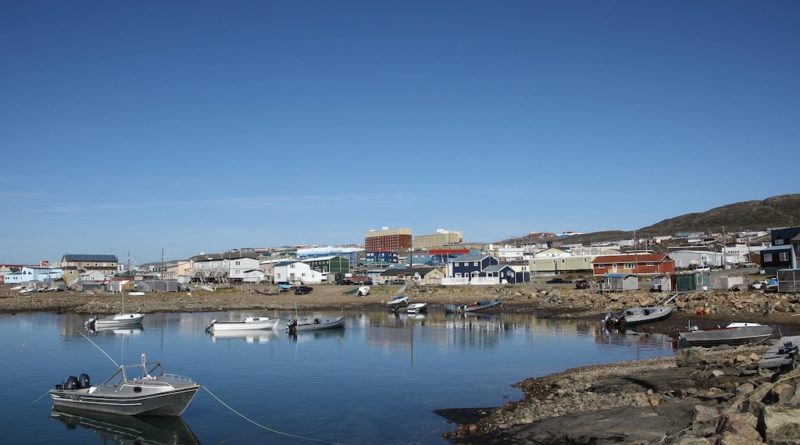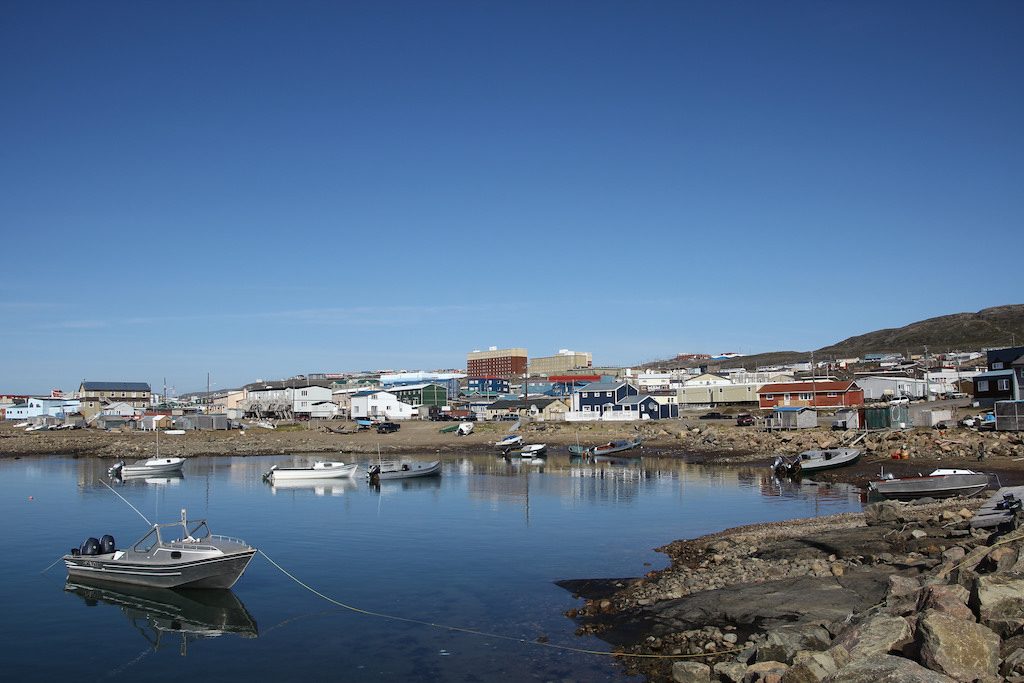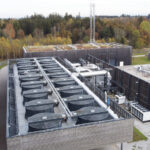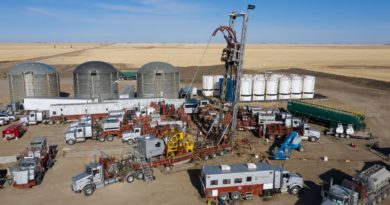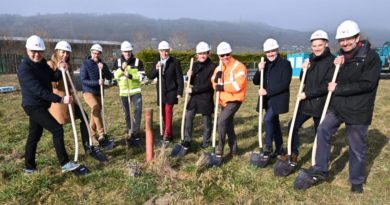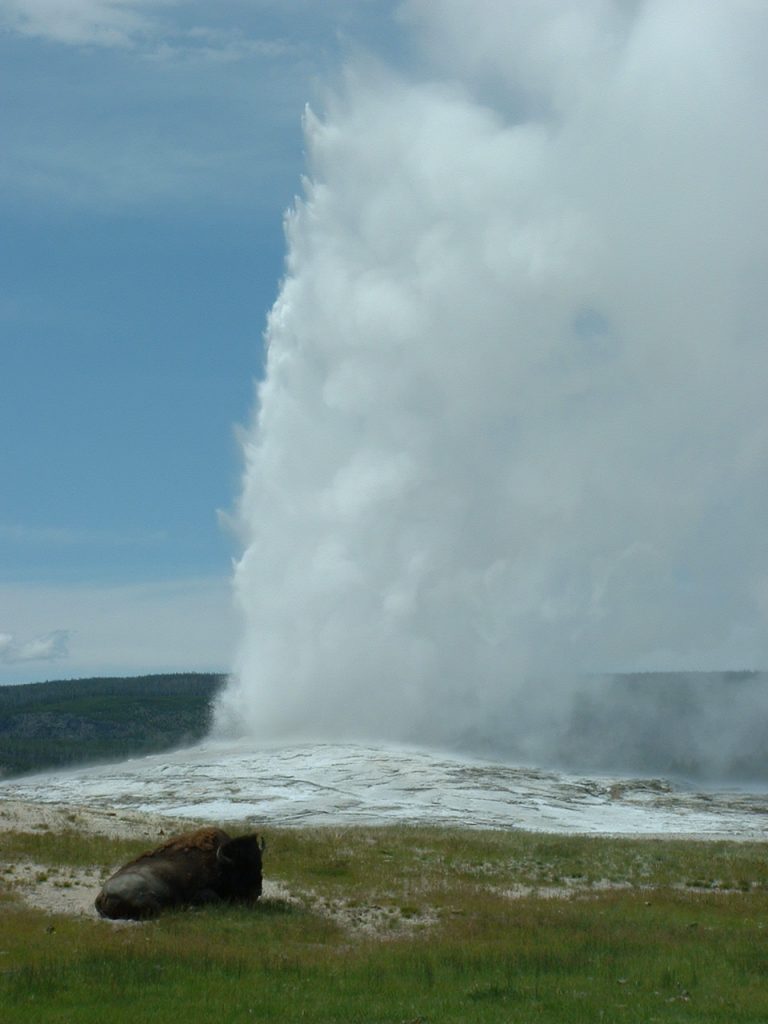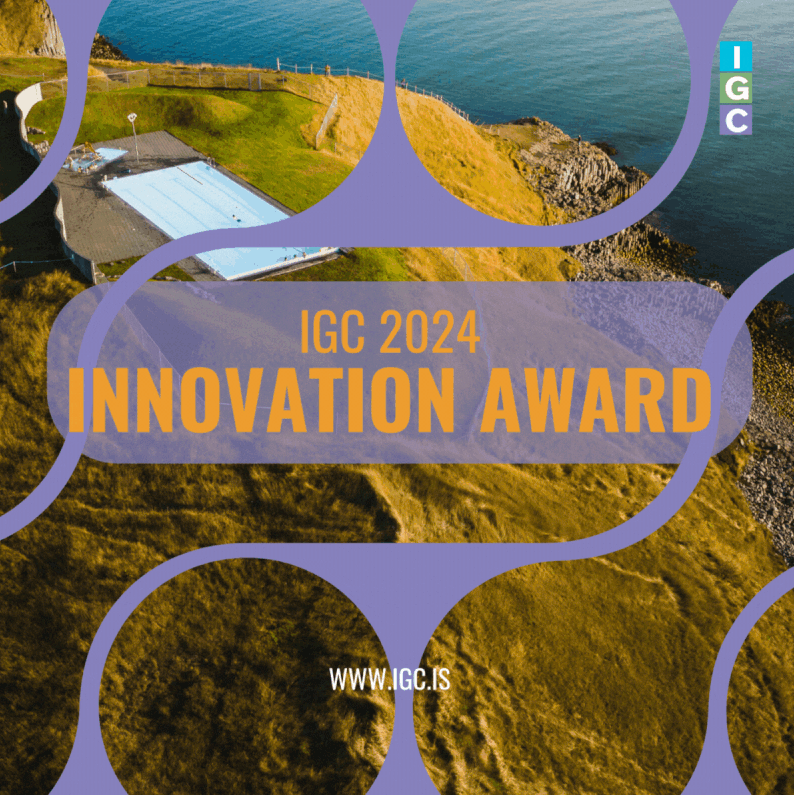Federal funding for geothermal energy feasibility study in Nunavut, Canada
Energy Disrupter
The Canadian Federal Government has announced funding for a geothermal feasibility study for Nunavut, northern territories of Canada.
In a release shared yesterday, Daniel Vandal, the Canadian Minister of Northern Affairs, Minister for PrairiesCan and Minister for CanNor announced federal funding for a geothermal feasibility study across Nunavut, northern territory in Canada. CanNor is the Canadian Northern Economic Development Agency. Actual press release in French (Francais) accessible here.
“Geothermal energy is one of many dependable alternative energy sources that can offset reliance on carbon-based energy production in Canada and around the world. As climate change continues to impact Canada’s Arctic, we need to challenge the status quo by exploring renewable energy solutions, such as geothermal energy. “, so the release. This will contribute to keeping Canada’s air cleaner, while ensuring new, sustainable, and reliable energy production in northern communities.
Today while in Cambridge Bay, the Honourable Daniel Vandal, Minister of Northern Affairs, Minister for PrairiesCan and Minister for CanNor, announced federal investments of over $1.2 million over three years, delivered by CanNor, to support the study of Nunavut’s geothermal potential. The study will determine the feasibility for electricity generation and waste heat storage through geothermal means, and has the potential to reduce Nunavut’s carbon footprint and diversify the territory’s energy options.
These investments are a key part of the Government of Canada’s work with Indigenous partners, organizations, businesses and communities in supporting research and long-term strategic planning that explore alternative energy sources in the North. Funding for this project comes from CanNor’s Inclusive Diversification and Economic Advancement in the North (IDEANorth) program.
There already exists an early geothermal favourability map done on Nunavut prepared by the Canadian Geothermal Energy Association (CanGEA). Details can be found here. We previously reported on the geothermal resource estimate maps released for Nunavut.
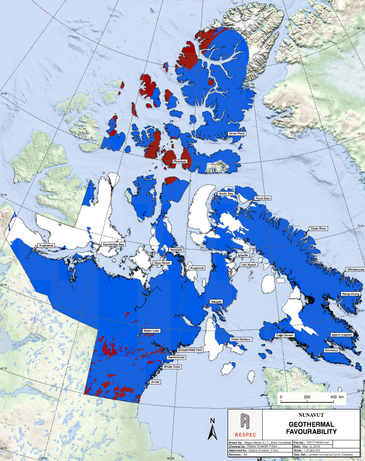
Federal investment supports commitment to energy diversification
This investment will support Qulliq Energy Corporation’s (QEC) strategic plan to develop alternate sources of energy in Nunavut. QEC is the sole generator and distributor of electrical power in the territory. Currently the electrical needs of Nunavut’s 25 communities are met by imported diesel fuel, having a significant impact on the production cost of power. It also contributes to carbon pollution, making Nunavut families and businesses vulnerable to the fluctuating costs of fuels.
The project will assess the potential of both geothermal energy and the feasibility of waste energy storage in Baker Lake, and electronic geophysical surveys to access deep subsurface conditions in Baker Lake, Cambridge Bay and Resolute Bay. The results from these initial assessments will inform preliminary research design and cost estimation for future phases of the project.
The ultimate goal of these projects works towards a full assessment of Nunavut’s geothermal potential, and will contribute to updated calculations of greenhouse gas emissions reduction in the territory.
“Tapping into Canada’s immense renewable energy potential is critical in remote northern communities. By investing in clean energy research, we are taking steps towards our goal that will help Canada reach net-zero emissions by 2050. This investment in geothermal research in Nunavut is a step towards reducing dependence on diesel fuel for electricity, producing more renewable energy alternatives, and helping reduce greenhouse gas emissions.” – The Honourable Daniel Vandal, Minister of Northern Affairs, Minister for PrairiesCan and Minister for CanNor
“Geothermal energy is one of the few environmentally friendly, power generation options with the inherent ability to supply power as reliably and on demand. It is incumbent on QEC to investigate this potential in Nunavut. Funding support from our federal partners will allow the corporation to continue seeking sustainable solutions to serve the long-term energy needs of our vast territory, and further reduce the environmental impacts of our current power generation systems” – The Honourable Craig Simailak, Minister responsible for Qulliq Energy Corporation
Source: Government press release

